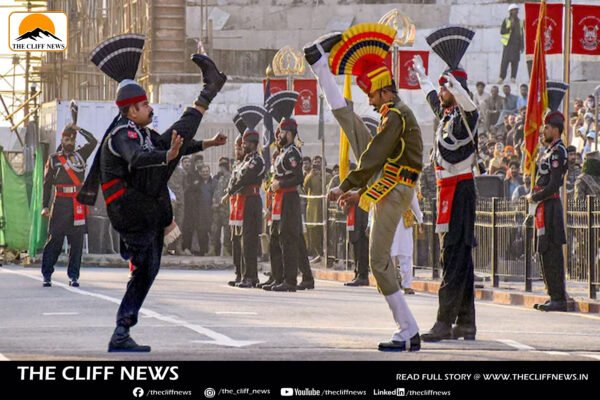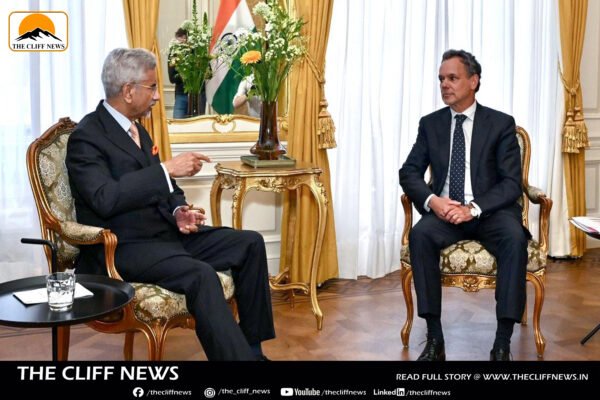Supreme Court Grants Interim Bail to Ashoka University Professor Ali Khan Mahmudabad, Directs SIT Probe into ‘Operation Sindoor’ Posts
On Wednesday, May 21, the Supreme Court of India granted interim bail to Ali Khan Mahmudabad, a professor at Ashoka University, who was arrested by Haryana Police on May 18 over social media posts regarding ‘Operation Sindoor’. The Court, however, refused to stay the ongoing investigation into the matter. Key Directions from the Court: Court’s Observations: The bench, comprising Justice Surya Kant and Justice NK Singh, stated that the interim bail was granted to facilitate the investigation, not to stall it. During the hearing, Senior Advocate Kapil Sibal, appearing for Mahmudabad, read aloud the professor’s social media posts, which included references to the praise of Colonel Sofiya Qureshi by right-wing commentators and a call to express equal concern over mob lynching and bulldozing incidents. Justice Surya Kant responded sharply: “So after commenting about war, he turned to politics!” He added: “Everyone has a right to express free speech. But is it the time to talk of this much communal…? The country has faced a big challenge… Monsters came all the way and attacked our innocents… Why gain cheap popularity at this juncture?” While Sibal agreed that the timing of Mahmudabad’s posts “could have waited till May 10,” he questioned where the criminality in the posts lay. Justice Kant remarked further: “Everybody talks about rights. As if the country for the last 75 years was distributing rights!” On Potential Future FIRs: Sibal also urged the Court to restrain further FIRs on the same issue. While the Court declined to pass an explicit order, Justice Kant orally assured that “nothing will happen” and asked the State of Haryana to act accordingly. The State retains the liberty to submit any additional incriminating material if discovered during the course of the investigation.










